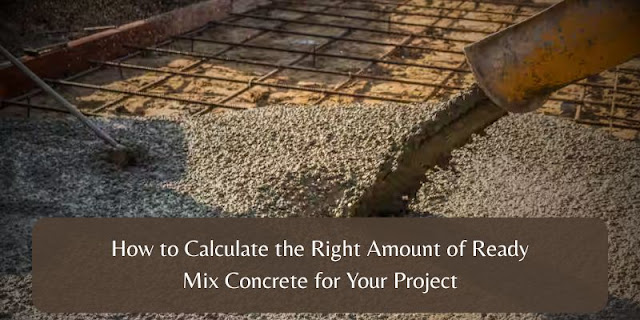From Foundation to Finish: Selecting the Right Ready Mix Concrete Supplier
%20(5).jpg)
The strength and longevity of any construction project depend heavily on the materials used. Among them, pre-mixed solutions play a crucial role in ensuring consistency, quality, and timely completion. Choosing the right provider can make a significant difference in project outcomes, from foundations to finishing work. Partnering with trusted ready mix concrete suppliers ensures access to high-quality material, accurate batching, and reliable delivery, all of which are essential for maintaining structural integrity and meeting deadlines. Utilizing pre-prepared solutions offers numerous advantages over traditional site-mixed approaches. With standardized formulations and controlled mixing processes, builders can expect uniform strength, workability, and curing characteristics. Additionally, sourcing from experienced providers reduces labor demands on-site, minimizes wastage, and helps maintain a clean, efficient work environment. Modern batching plants are equipped with technology to ...
.jpg)



